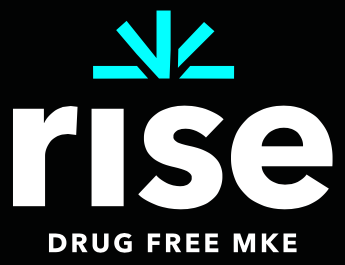
In many communities, men have been revered as the steadfast providers and protectors of their families. Societally, we hold a belief that men possess a strength—both mental and physical—that surpass any other gender. It’s hard not to notice when every uncle, cousin, brother, father, or grandfather has never shared a feeling of anxiety, stress, or the struggles that often accompany life’s challenges. The expectation is clear: they are meant to stand strong and “suck it up.”
It doesn’t have to be this way. According to Mental Health America of Wisconsin, “one of the ways we can support the health of men in our lives is to increase their understanding about mental health and risk factors.” In every conversation there is an opportunity to be proactive and break the cycle that so many experience growing up.
According to the National Institute of Mental Health, men are less likely to have received mental health treatment than women in the past year. Recognizing the signs is crucial. Common symptoms of mental disorders in men include:
· Anger, irritability, or aggressiveness
· Engaging in high-risk activities
· Obsessive thinking or compulsive behavior
· Misuse of alcohol or other drugs
Unfortunately, many men have learned to cope through substance use, often leading to serious health issues. According to the CDC, “some people may use drugs to help cope with stress and trauma or to help with mental health issues.” Culturally, there's a normalization of "drinking the pain away," a pattern passed down through generations where seeking mental health support was seen as a sign of weakness.
Together, we can make it a priority to change that message. If we teach boys that it's okay to feel, cry, and then “man up,” we can create a safe space for men to express their emotions, allowing them to step outside societal norms and foster a healthier approach to wellbeing. If you’re concerned about your mental health, taking a screening is an easy way to determine whether you’re experiencing symptoms of a mental health condition. Go to mhawisconsin.org/screening and get informed on your health.

